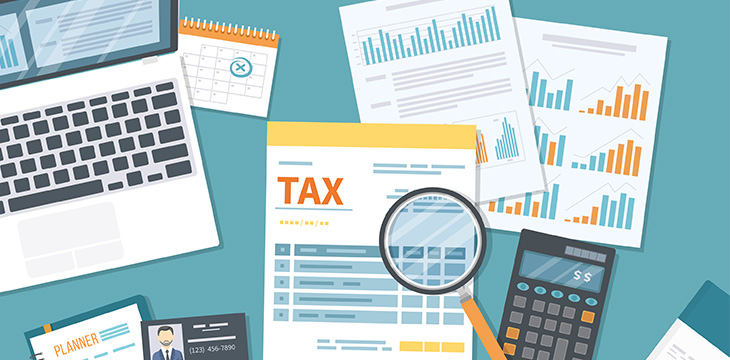
In the U.S., the Internal Revenue Service (IRS), the department responsible for collecting taxes, asserts that cryptocurrency assets are forms of property and, as such, are subject to tax law. The department has already started going after crypto holders in an effort to get them to pay up, but a bill submitted to the House of Representatives could limit how much the IRS could collect. In a rare show of support for the crypto industry, House Resolution 3963 (HR 3963) would “allow exclusion of gain or loss on like-kind exchanges of virtual currency.”
HR 3963, “Virtual Value Tax Fix Act of 2019,” was introduced by Representative Ted Budd of North Carolina and seeks to update the Internal Revenue Code of 1986 (IRC). It has already been referred to the Committee on Ways and Means and reads, in part, “No gain or loss shall be recognized on the exchange of real property held for productive use in a trade or business or for investment if such real property is exchanged solely for real property of like kind which is to be held either for productive use in a trade or business or for investment.”
Budd, who actively seeks ways to improve the IRC on different levels, wants to prevent personal crypto exchanges from being taxed twice. Under the current tax law setup, this is possible. He has testified previously before the Ways and Means Committee that crypto tax laws should be crafted in a similar fashion to those of foreign currencies.
The lawmaker was behind House Resolution 3708, the Cryptocurrency Tax Fairness Act, that also sought to update the IRC. It would force the IRC to view personal cryptocurrency purchases as transactions in foreign currency, which are currently not taxed. Budd argues that, since the IRS says that crypto is property, it should have the same coverage as those foreign currency transactions.
The bill wouldn’t be retroactive, only covering new transactions. It would also only be in place until the end of 2024. That happens to coincide with the timeframe for a new payments platform identified by the Federal Reserve, but this could just be a coincidence.

 09-21-2024
09-21-2024


